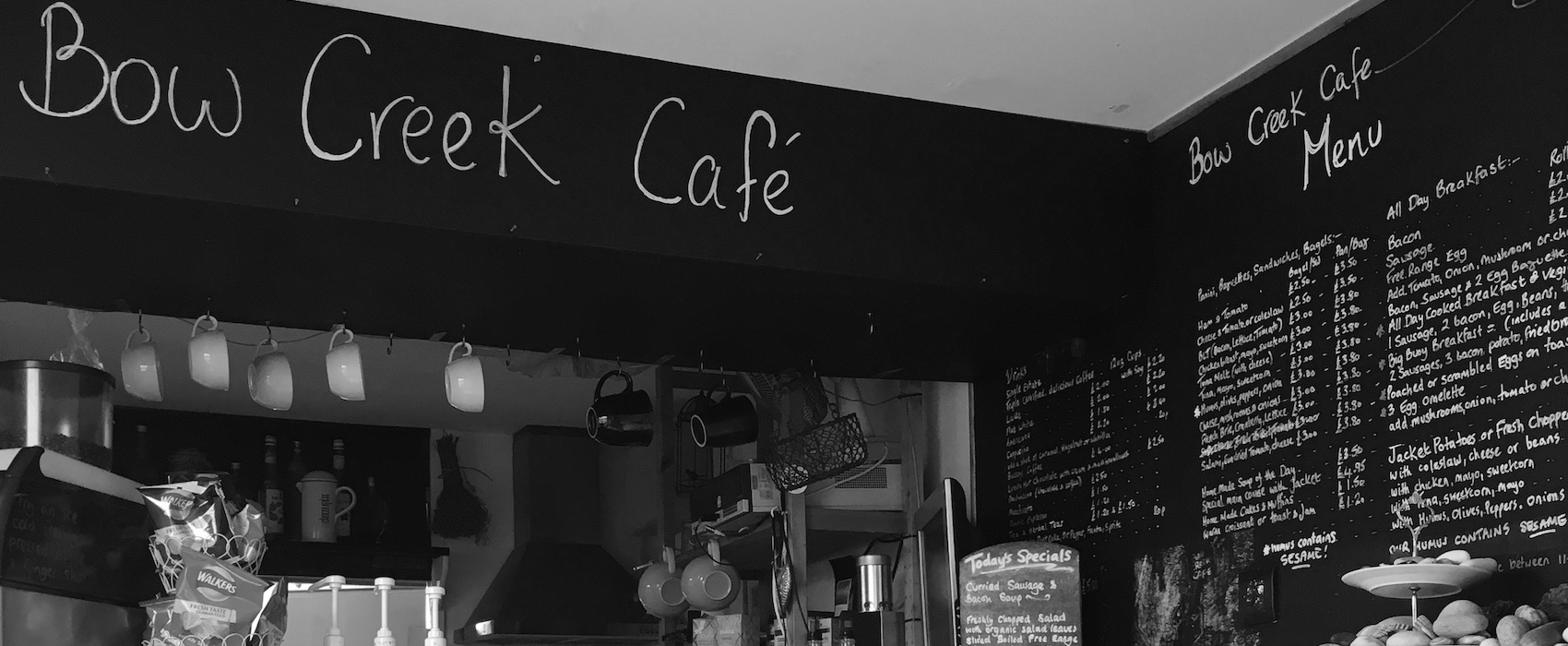If I’m going to keep on writing I need to drop into a new place from which to do it. This need to shift is, I think, part of the reason for me writing less regularly.
It’s almost 19 months since Mark died and life seems to be coming back to me. I’m grateful that these days I can say I’m doing OK and mean it. I’m enjoying most of my work, there are glimmers of things ahead that are helping me to keep moving forward. But there are times when I look up from my work and am taken aback by how different, and in many ways lacking this new life is. The sadness, the awareness that even though it’s OK, it’s not what I would have ever chosen, they remain.
This month I’ve been to Liverpool and spent time in the Baltic Triangle and visited an area in London called Trinity Buoy Wharf that has emerged out of the dereliction that followed the decline of the docks. Both represent what creative imagination can achieve when it looks at the barren spaces discarded by once thriving industries.
Sitting in a riverside cafe used by the artists and craftspeople who work in this hidden part of London, I thought about Athens, which I recently visited for the first time since last summer. It’s hard to put my finger on quite what is happening. I haven’t had time to process it, but I know that I felt jangled, overwhelmed and emotionally charged while there. Some of the discussions I took part in were looking for alternatives, for new approaches to the social crisis the country faces. There were moments of beauty, when we glimpsed potential, but there was also a lot of sorrow and anger too about what is happening in Greece. I do feel afraid for people. Afraid and overwhelmed by the despair, hopelessness and isolation that so many people expressed.
We talked too about how change comes about, how chaos, confusion and grief were the context out of which it often emerged. Honestly, I don’t know if I can believe that’s true for the Greek people, that there is creative potential in the space they are in. Or perhaps I want to believe it, but I don’t know how to engage with the possibility. Does it matter if I’m hopeful or not? They are the ones who are in the struggle after all.
I know that other people’s reassurances that I will be OK have helped me when mixed with an awareness that the journey towards that is a long and painful one. Any attempts to make light of the current awfulness can be really jarring. Mine is a natural process of healing, of course. Greece is suffering as a result of an economic ideology that takes little account of the human cost.
But when I think of Greece, I think of the same place that I said I needed to drop into at the beginning of this post. It’s a place where there is an assurance, a certainty that there is a way forward, that new life and potential can emerge out of dereliction and despair. But this isn’t the place that sloganeering comes from, or crass motivational language. Maybe it’s not even a space for words, but one to be acknowledged, held, protected. It’s here that a lot of work has to be done, the weaving of a new story. One that doesn’t ignore or diminish the threads that represent pain, loss and anguish, but also draws in new ones of fragile beauty, hope and life.
But it’s not me who has to do it. I feel anxious that what I’ve written about hope seems ridiculous and fanciful in the light of the Greek crisis. The situation is one that forces you to think about hope, however. Where does it come from? Is there any? If not, what then? This is a question that applies if the answer is ‘yes’ as well. My sense is that there is, but the hope at the beginning of a long, arduous journey on which there are no shortcuts. How do we honour suffering, while holding on to hope? How do we hold the reality of the devastation while continuing to make space for a different future? These feel like important questions because I care about my friends in Greece and because I feel the deficit of language in relation to these apparent contradictions. I’ve written about suffering and loss for many months now, sometimes seesawing into more hopeful terrain. It’s relatively easy to use words to conjure up hopeful visions, but the hard work lies in working towards making them happen.

Leave a Reply
You must be logged in to post a comment.